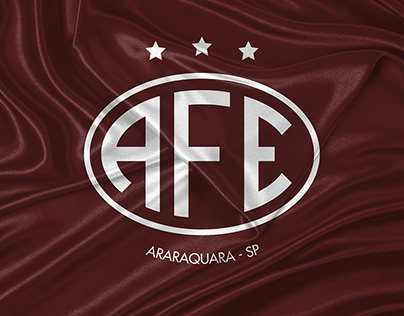
Ferroviaria FC
The legacy of Ferroviaria FC is firmly anchored in its rich history as a community-based club formed in 1933. Born from the spirit of railway workers in Araraquara, the club has navigated various challenges to become a significant player in São Paulo’s football scene. This section will dive deeper into the historical milestones, pivotal moments, and the socio-cultural backdrop that have shaped Ferroviaria FC as we know it today.
Origins and Ferroviaria FC
Initially recognized as Ferroviária, the club was the brainchild of railway workers who sought to create a space for both social engagement and competition. The club’s very name evokes a strong sense of identity among its supporters, encapsulating the collaborative spirit of the railway community MM88.
The first few years were challenging but also formative. Ferroviaria FC competed in local leagues, gradually building a reputation for its tenacity and teamwork. The railway community’s involvement was crucial, as players often came from the same neighborhoods. Pride in their roots fostered a unique bond between the players and fans, creating a foundation for future growth.
The emergence of football as a national passion in Brazil coincided with Ferroviaria’s development. As the sport gained prominence, so did the ambitions of clubs. Despite facing tough competition from established teams in São Paulo, Ferroviaria’s grit and dedication paved the way for early achievements.
Rise to Prominence in Brazilian Football
The journey to prominence took shape in the mid-20th century when Ferroviaria FC began to experience successes in regional and state competitions. The club’s victory in the São Paulo State Championship stands out as a landmark achievement. Winning this prestigious tournament established Ferroviaria as a formidable contender in São Paulo football.
It was during these years that notable players emerged with a lasting impact on the club’s legacy. Their contributions not only helped secure titles but also inspired future generations of players within the youth academy.
As Ferroviaria continued to grow, attracting more fans and gaining media attention, the leadership made strides in developing infrastructure. Investments in training facilities and coaching staff bolstered the club’s ambitions to compete at higher levels, ultimately leading to participation in national leagues.
Modern Era and Challenges
Entering the 21st century, Ferroviaria faced a combination of opportunities and challenges. While the club continued to build a strong squad, the football landscape, modeled by increased financial investments in rival teams, added pressure. Adapting to new realities, Ferroviaria focused on youth development, harnessing local talent and maximizing its potential.
This shift towards valuing homegrown players has allowed Ferroviaria FC to ride the waves of uncertainty and economic challenges. Many football clubs of similar stature have struggled to remain competitive with larger teams, but Ferroviaria’s emphasis on community involvement and grassroots engagement has helped maintain a loyal fanbase.
Recent history indicates a resurgence in the club’s fortunes, connecting tradition with innovation. Ferroviaria’s ability to navigate the pressures of modern football while preserving its core values speaks to the club’s resilience.



